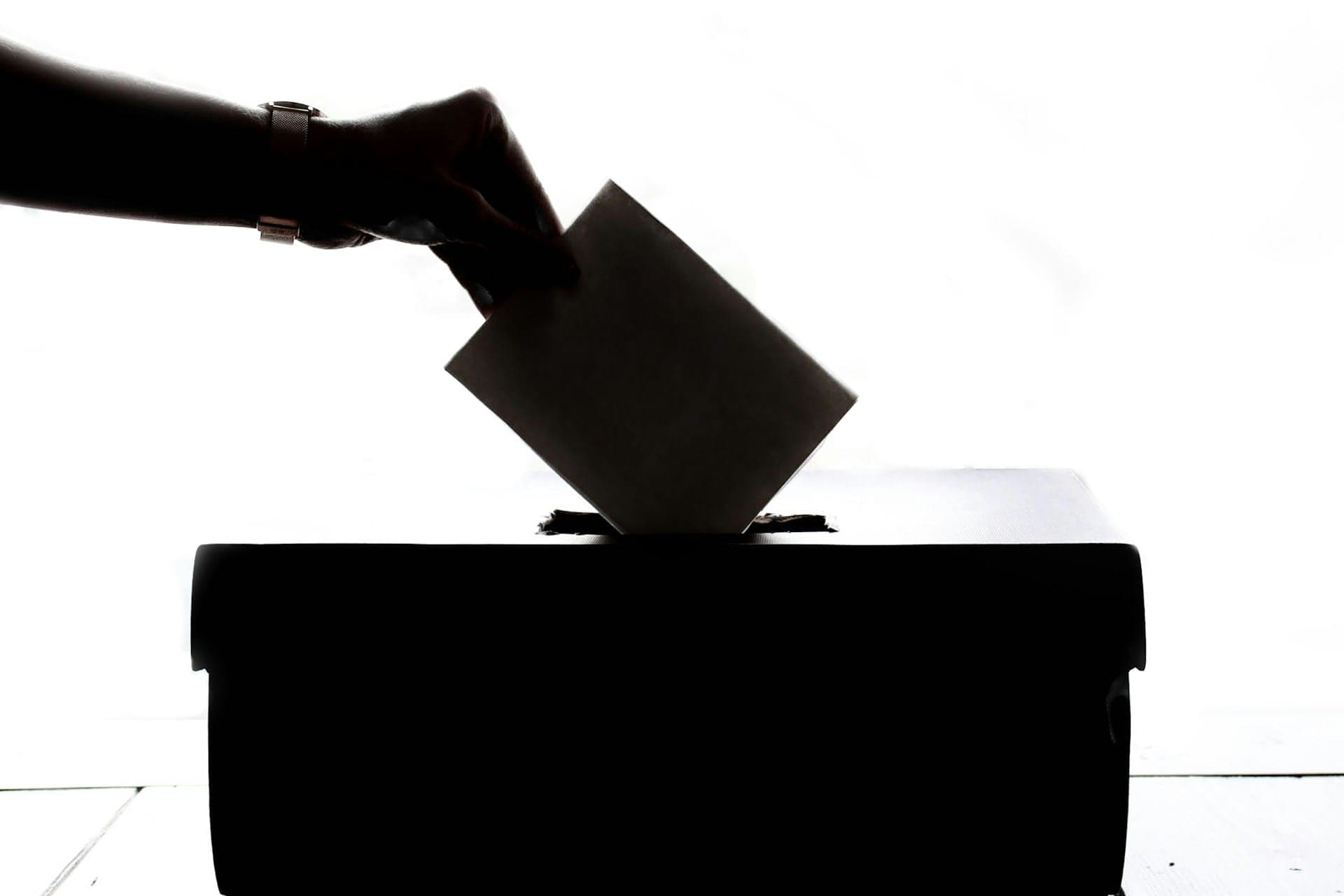America's Party-First System Leaves Little Room for Leadership

Photo by Getty Images on Unsplash.
The House of Representatives will vote Friday on who will serve as speaker for the 119th congressional term. The thing is, unless Republicans can get all of their members in line, it may not be a quick process.
Betting odds would favor current Speaker Mike Johnson to retain the gavel, but with such a slim majority (the smallest in history), he can't afford to lose more than a single member of his own party.
And US Rep. Thomas Massie, a known political rebel in the lower chamber, has already stated he will not vote for Johnson.
Johnson got on the bad side of several hardline Republicans and budget hawks after he negotiated with Democrats to pass a temporary government funding bill to avoid a government shutdown in December.
It is considered one of the speaker's roles to negotiate such deals, but in a system defined only by winners and losers, "us vs them," and "winner-takes-all," Johnson committed a grave sin: He worked with the "other side."
Republican US Rep. Greg Steube even commented to The Hill: "43 days after we get a mandate from the American people, we're going to work with Democrats to do stuff, when a Republican Senate comes in in two weeks?"
This sentiment goes against poll after poll after poll that show overwhelming majorities of Americans want Republicans and Democrats in Congress to work together on legislation.
The fact that Congress is going to see the closest divide between Republicans and Democrats in history presents an opportunity for a leader to facilitate this type of cooperative environment.
But again, this is not how the parties designed the system to work. Steube and many other members of his caucus believe that their majority, no matter how slim, means Congress should put their party first.
The Role of the House Speaker
The US Constitution does not define the role of the Speaker of the House outside of “The House of Representatives shall choose their Speaker.” As US Senator Rand Paul pointed out, the speaker doesn't even need to be a member of Congress.
This has also been previously noted on IVN. In 2014, for example, former presidential candidate TJ O'Hara suggested that electing an independent Speaker could go a long way to end gridlock.
After all, in other developed democratic systems a speaker of a legislative body is expected to act in a nonpartisan way (even as he or she is a member of the majority party) and facilitate balanced debate.
The Speaker of the House, though, conducts themselves more from tradition than rules, and that tradition is to be the top spokesperson for their party and to advance the agenda of the majority.
This means the next Speaker is usually picked in party conference ahead of the floor vote. And, because the Speaker controls the order of business, they can keep bills from the minority party off the floor.
However, the expectation from party officials that the speaker should serve in a hyper-partisan capacity is proving to be detrimental to the country and its political institutions.
Threats of government shutdowns have become more frequent. Johnson promised his caucus he would not govern by continuing resolution, and yet it remains the only way to keep the government funded.
This, of course, just sets up another shutdown fight a few months later. Meanwhile, any speaker knows a shutdown looks bad, but if they draw the ire of too many party members, they will go the way of Kevin McCarthy.
Party loyalty is an albatross around the neck of anyone who would be speaker. However, it wouldn't be if a coalition of Democrats and Republicans joined together to elect an independent, non-member.
Someone not beholden to a party has no obligation to party leadership. It would not be a cure to hyper-polarization on the campaign trail but could be what Congress needs to bring both sides to the table on important issues.
Unfortunately, things are not likely to change with the speaker vote on Friday, but it is important for voters to know that a system that puts party interests over real leadership can be reformed.
The current system incentivizes dysfunction. It incentivizes gridlock and hyper-polarization. It incentivizes putting party first, but it doesn't have to be this way. Solutions exist to do better by voters.
 Shawn Griffiths
Shawn Griffiths






